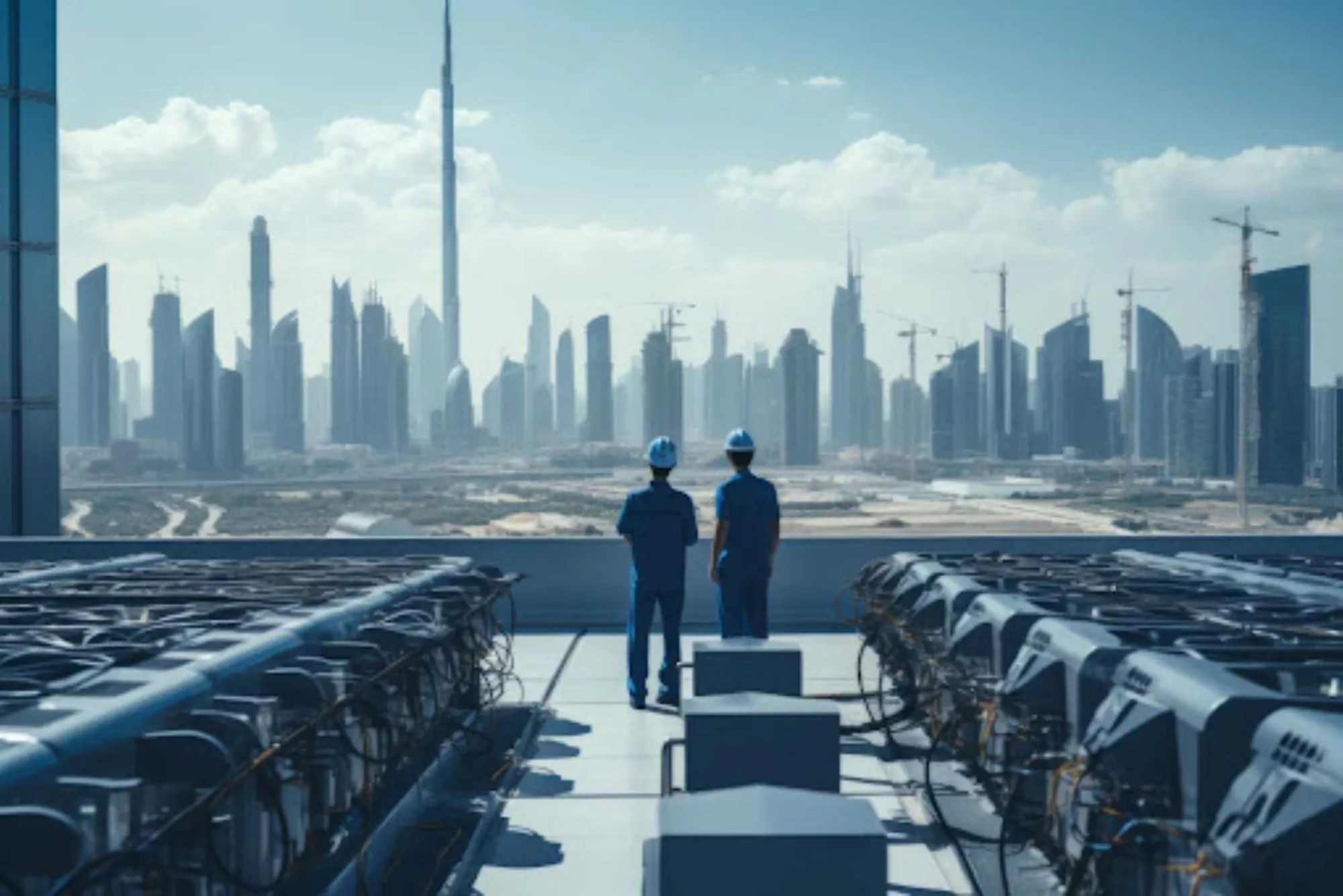An air conditioner is essential for maintaining indoor comfort, especially in hot climates. However, when your AC starts blowing hot air instead of cool, it can be frustrating and uncomfortable. Understanding the reasons behind this issue and how to resolve it can help restore your cooling system efficiently. Whether it’s a minor fix or a major repair, knowing when to seek professional assistance is key.
Common Reasons Why Your AC is Blowing Hot Air
Several factors can cause an air conditioner to blow hot air instead of cool. These issues range from simple maintenance problems to more complex mechanical failures.
1. Thermostat Issues
One of the most overlooked reasons for an AC blowing hot air is incorrect thermostat settings. If the thermostat is set to ‘heat’ instead of ‘cool,’ the AC will not provide cold air. Additionally, a malfunctioning thermostat may fail to communicate with the AC unit properly.
2. Dirty or Clogged Air Filters
Air filters play a crucial role in airflow and cooling efficiency. When filters are clogged with dirt, dust, and debris, airflow is restricted, causing the system to overheat and blow warm air. Regularly replacing or cleaning the filters ensures optimal performance and energy efficiency.
3. Refrigerant Leaks
Refrigerant is the cooling agent that allows an AC system to produce cold air. A leak in the refrigerant line reduces the system’s cooling capacity, leading to warm air output. If you suspect a refrigerant leak, it’s essential to contact a professional technician for repairs and refilling.
4. Electrical or Power Supply Issues
Faulty wiring, tripped circuit breakers, or blown fuses can disrupt the AC’s ability to function correctly. If the outdoor unit loses power while the indoor unit continues to run, warm air may circulate instead of cool air.
5. Dirty or Blocked Condenser Coils
The condenser coils in the outdoor unit dissipate heat from the system. If they become dirty or blocked by debris, they cannot release heat efficiently, causing the AC to blow hot air. Routine cleaning of the condenser unit helps maintain proper operation.
6. Faulty Compressor
The compressor is responsible for circulating refrigerant throughout the AC system. A malfunctioning compressor will prevent the unit from cooling effectively. In many cases, compressor issues require professional assessment and repair.
Troubleshooting Steps Before Calling a Technician
Before contacting an HVAC professional, try these troubleshooting steps to determine if the issue can be resolved easily:
- Check the thermostat settings and ensure it’s set to ‘cool’ with the correct temperature.
- Inspect and clean the air filters to improve airflow.
- Look for tripped circuit breakers and reset them if necessary.
- Check the outdoor unit for dirt, debris, or obstructions.
- Ensure vents and registers are open to allow proper air circulation.
If the problem persists, professional intervention is recommended.
How a Professional AC Supplier Can Help
Regular maintenance and timely repairs by an experienced split AC supplier can prevent most AC issues. Professional suppliers provide high-quality AC units, expert installation, and ongoing maintenance services to keep your cooling system running efficiently.
Choosing the Right AC System for Your Needs
Selecting the right air conditioning system ensures optimal performance and energy efficiency. Professional AC suppliers offer a range of options, including:
Split Air Conditioners
Split AC systems are ideal for homes and offices, offering efficient cooling with minimal noise. They consist of an indoor and outdoor unit, providing better temperature control.
Ducted Air Conditioning Systems
Ducted ACs are suitable for large spaces or entire buildings, distributing cool air evenly through concealed ducts. These systems are energy-efficient and maintain consistent cooling throughout the property.
Window and Portable AC Units
For smaller rooms or temporary cooling needs, window and portable units are cost-effective solutions. However, they may not provide the same level of efficiency as split or ducted systems.
Energy Efficiency and Cost Considerations
Investing in an energy-efficient AC unit reduces long-term operating costs and environmental impact. Features to consider include:
- Inverter technology for variable-speed cooling and energy savings.
- Smart AC controls for remote temperature adjustments and scheduling.
- High SEER ratings to maximize efficiency and reduce electricity bills.
A trusted AC supplier can recommend the best energy-efficient model for your home or business.
For premium air conditioning solutions and expert services, visit Regards for top-quality AC units and professional installations.
Conclusion
If your AC is blowing hot air, identifying the root cause is essential to restoring its cooling function. Issues such as thermostat malfunctions, clogged filters, refrigerant leaks, and compressor failures can all impact performance. By working with a professional split AC supplier, you can ensure your system is well-maintained, energy-efficient, and reliable. Investing in the right AC system and professional maintenance services guarantees long-term comfort and cost savings.




